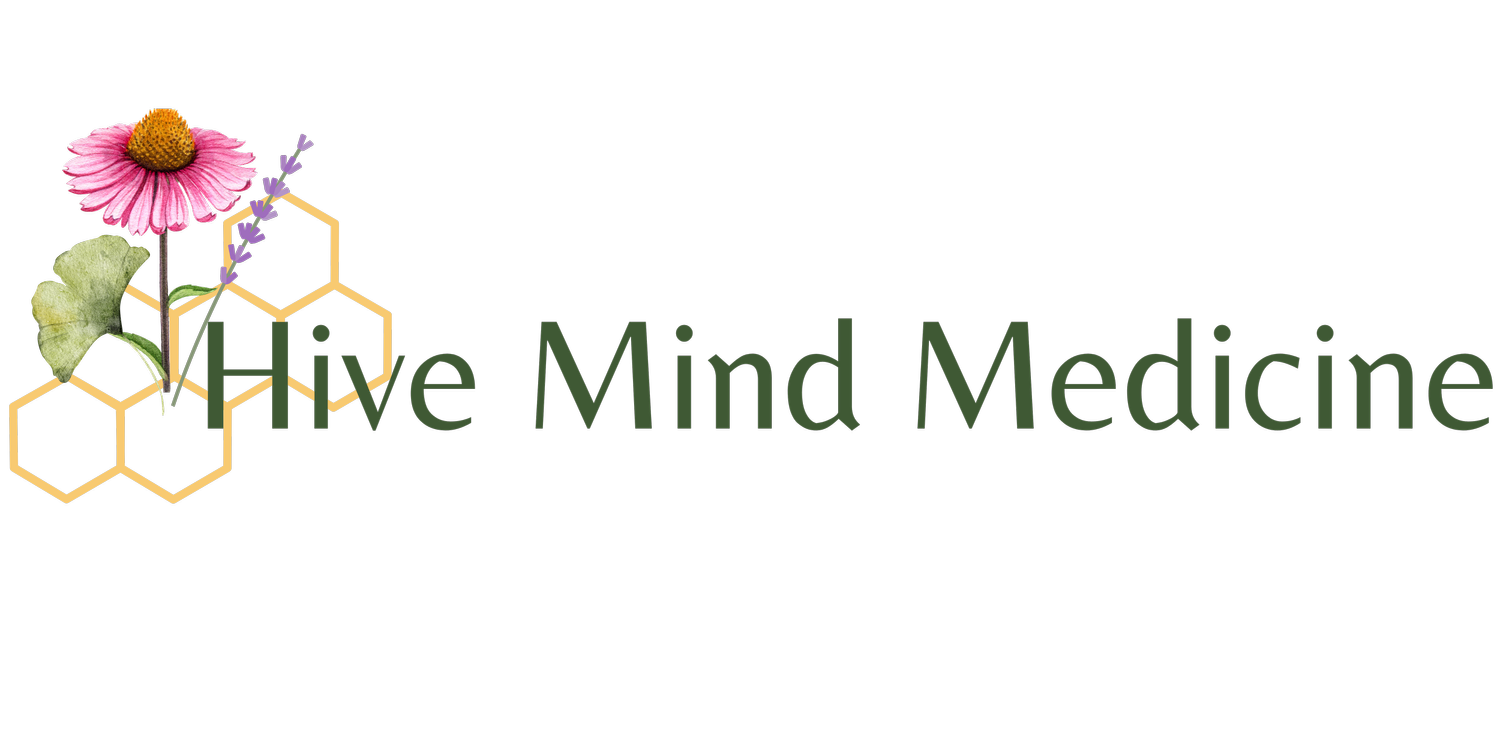5 Simple Evidence Based Ways to Boost your Immune System
Dr. Roxanne Ahmadpour
Your immune system, when functioning optimally, is constantly at work -- screening, filtering, and processing the vast amount of foreign particles that enter our body on a regular basis. The following are five evidence based strategies to optimize your immune system so it can fight off invaders, prevent illness, and help you recover faster if you get sick. If you have a chronic medical condition, need help navigating any one of these strategies, or would like recommendations specific for you, our medical providers at Hive Mind Medicine are available for one-on-one consultation via Telemedicine and would be delighted to work with you.
Sleep: Consistent, high quality sleep is a cornerstone of good health and a healthy immune system. High quality sleep means you are able to sink into deeper stages of sleep including REM sleep, and you wake feeling refreshed. To achieve this, aim for at least 8 hours of sleep per night. Develop a sleep routine -- falling asleep and waking around the same times each day. Sleep in a dark, cool, and quiet room. Avoid food, liquids, bright lights, and electronic devices at least 1 hour before bedtime. Turn your phone off, put it on airplane mode, or put it in another room while you sleep. If continuous and uninterrupted sleep is difficult for you, consider taking a 15-20 minute nap during the day to help balance the sleep deficit, and boost your mood, energy, and focus.
Stress Management: Stress is something every one of us experiences. It is a part of life, and is an adaptive response that has helped our species survive for thousands of years under very challenging circumstances. Stress itself is not a bad thing. However, if the stress response in our body gets triggered and goes unchecked for long periods of time, our immune system function goes down dramatically and it wreaks havoc on our body and mind. Chronic high stress is also a major factor that disrupts sleep, which will further lower immune function. If you feel stress on a daily basis (like most of us do), it is a good idea to practice stress lowering activities on a daily basis. Thankfully, there are many great ways to manage and lower stress. Pick a few strategies that work for you and try to set aside time for at least one of them each day. Here are a few ideas: connect with a loved one, hug a loved one for 20 seconds, do something that brings you joy, move your body in a joyful way, take a break from media for a day, savor a delicious meal, practice gratitude, watch funny cat videos, take a walk outside or go for a hike (see #4 below), or take 3 slow and deep breaths. There are so many options!
Eat Your Vegetables: Colorful fruits and vegetables are rich in nutrients and compounds which 1. Nourish and fuel the body, 2. Combat inflammation, 3. Combat cancer, 4. Prevent chronic disease, 5. Balance mood and energy, and 6. Support the immune system. Pretty impressive, right? While everybody is different and there is no one size fits all approach to diet and nutrition, eating a diet that is full of a variety of colorful vegetables, fruits, and fresh herbs is a good idea for most people. Fresh, steamed, sauteed, roasted, stewed -- all fine, as long as it works for your body.
Nature: “Forest bathing”, or Shinrin-yoku, is a Japanese concept and practice which has gained recent popularity due to its many health benefits. Dr. Qing Li, the author of Forest Bathing: How Trees Can Help You Find Health and Happiness, explains it as “...simply being in nature, connecting with it through our senses of sight, hearing, taste, smell and touch. Shinrin-yoku is like a bridge. By opening our senses, it bridges the gap between us and the natural world.” Doesn’t that sound lovely? Research abounds providing evidence that indeed, spending time in a natural environment is good for our immune system, nervous system, and overall health.
Hydrotherapy: Hydrotherapy, or water therapy, has been practiced for hundreds, likely thousands of years, and is a foundational modality of Naturopathic Medicine. A simple and effective form of hydrotherapy is soaking in a warm bath. Light some candles, add a few drops of essential oils, and let your body and mind unwind. If you are willing to brave cold water, you can end your bath with a cold water rinse, making sure to get the cold water over your chest, abdomen, and back. The prolonged warm water application causes a relaxation and vasodilation effect, allowing blood and body fluids to move away from the core of our body to the periphery. The brief cold water application causes a vasoconstriction effect, shunting the blood and body fluids back to our core. This alternating action of vasodilation and vasoconstriction creates a pumping effect, effectively moving blood and body fluids throughout our body, which enhances filtration, detoxification, elimination and boosts immune and organ function.
Practicing these five immune boosting techniques on a regular basis will provide a multitude of health benefits, including increased immune function and resistance to contracting whatever bug might be making its way around your community.
Hive Mind Medicine blog posts are for educational purposes only and are not intended as medical advice. Please consult with your health care practitioner for personalized guidance. Click on the contact button below if you would like to schedule with one of our Hive Mind practitioners.

